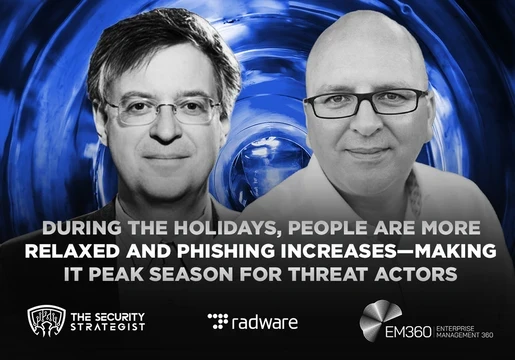Today, organisations face relentless cybersecurity threats, with phishing attacks and poor password management leading the charge. These vulnerabilities can result in data breaches, financial losses, and reputational damage, making them a top concern for businesses of all sizes. Despite technological advances, many organisations struggle to keep up with increasingly sophisticated phishing techniques and the risks of weak or reused passwords.
Addressing these challenges requires more than cookie-cutter solutions—it demands a holistic approach to cybersecurity that encompasses technology, employee education, and robust policy enforcement.
The stakes are exceptionally high for small and medium-sized enterprises (SMEs). Cybercriminals often target SMEs, perceiving them as less prepared to fend off attacks. Implementing effective cybersecurity measures doesn’t have to be overwhelming or costly, but it does require understanding the risks and taking proactive steps to mitigate them.
In this episode, Paulina Rios Maya, Head of Industry Relations, speaks to Steven Furnell, IEEE senior member and professor of cybersecurity at the University of Nottingham.
Key Takeaways:
- Cybersecurity posture shows little improvement year over year.
- Phishing remains the most reported cybersecurity threat.
- Community support is vital for SMEs in cybersecurity.
- Transitioning to passwordless solutions is underway but not complete.
- Biometric data should be stored securely on user devices.
- Usability must be balanced with security in technology development.
- Deepfake technology presents new challenges for biometric systems.
Chapters:
00:00 - Introduction to Cybersecurity Insights
01:27 - Current Cybersecurity Posture and Challenges
03:23 - Phishing and Common Cybersecurity Threats
07:09 - Supporting Small and Medium Enterprises
10:56 - Transitioning to a Passwordless Future
17:16 - Biometric Security and Its Challenges









Comments ( 0 )